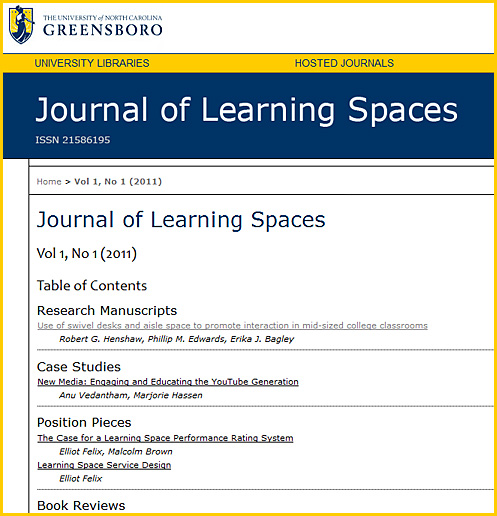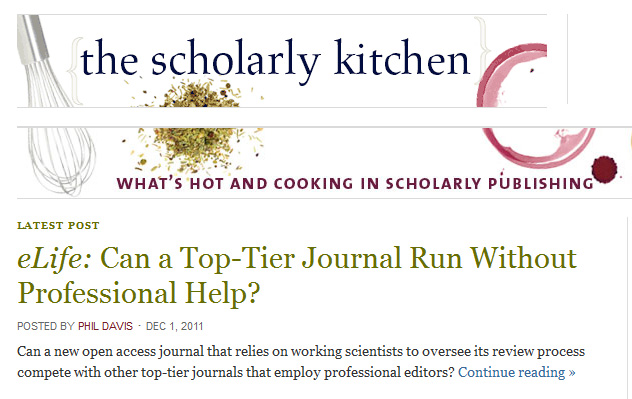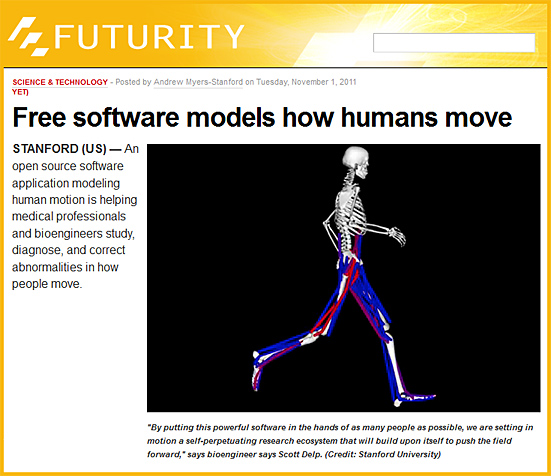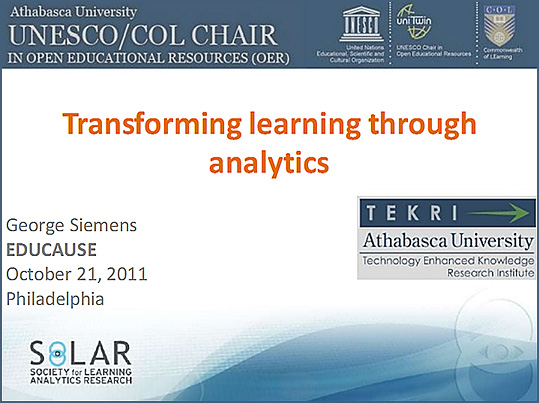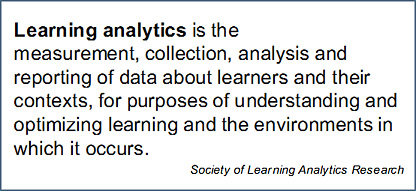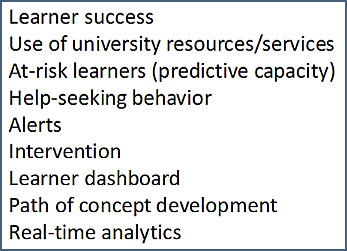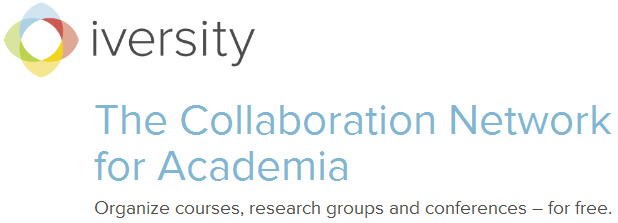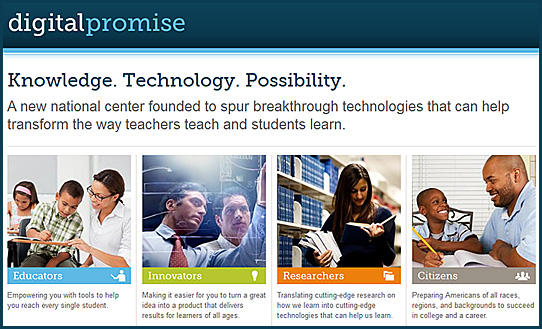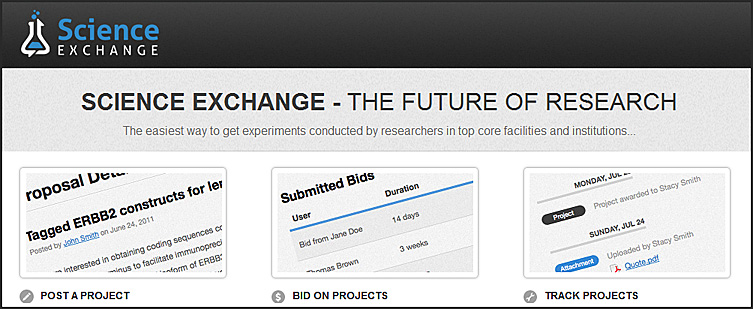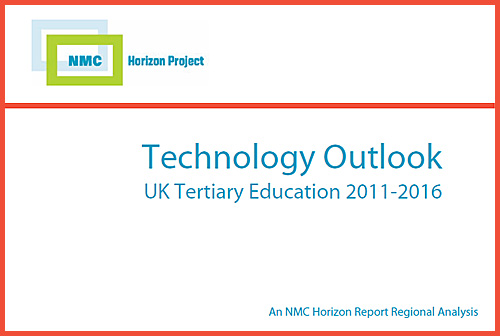Also see:
- Academia.edu raises $4.5 Million for Researcher Social Network — from edukwest.com by Kay Alexander
Best idea for higher ed since about 2002 — from HASTAC.org by Cathy Davidson
Excerpt:
I just learned about an amazing project (still in Beta) sponsored by the Australian Eight, the eight largest national universities in the country, called “The Conversation.” It may well be the most inspiring collaborative project I’ve heard about since about, oh, 2002-2003 (ie I’m joking of course–2002-2003 happens to be when HASTAC went from an “aha!” moment around a conference table to our first actual meeting as a collective; there are tons of other great ideas in higher ed, inc HASTAC’s founding!). The Conversation translates the best scholarly research into lively journalism. It makes a giant step towards public intellectualism, taking HASTAC-ish principles of an online network of education innovators learning together in a public and open forum, to their logical (if highly curated) conclusion. Unlike HASTAC, the Conversation’ has a team of professional editors, quite renowned in their collective experience. They curate and select the best research from many fields produced by specialized academics and recasts it as journalism for the larger public as well as for academics in other fields. They turn specialized scholarly research written originally for academic experts and peers into accessible, interesting, urgent, and sometimes even delightful fun and creative information for the public at large.
Also see:
Academic rigour, journalistic flair
Addendum later on 10/24/11:
- Here’s an even BIGGER Idea for Higher Ed! — from HASTAC.org by Cathy Davidson
Well, after blogging and tweeting yesterday about the tremendous public aggregator of university research in Australia, an online publication called The Conversation, I heard today from lots of people that there is an even BIGGER version already here in the U.S.—and it includes top research from the U.S., UK, Canada and Australia too. It’s called “Futurity,” and it is wonderful, and, yes, I should have known about it since Duke is one of the universities that cofounded it, along with Rochester and Stanford. But somehow I missed it so now take this opportunity to say how fabulous it is (check it out, it really is fabulous), and how now we have to make sure that HASTAC gets involved to make sure there is even more arts and humanities aggregated as part of its “Society and Culture” category. Here’s the url for Futurity: http://www.futurity.org/
When the dam breaks… — from learning with ‘e’s by Steve Wheeler
Excerpt:
Publication of research is one of the most important facets of academic life. I can’t stress enough how important it is for good research to be as widely and swiftly disseminated as possible. Without it, our practice is less likely to be informed, and more prone to repeated errors. As a researcher myself, I take this challenge very seriously. Along with other educational researchers, I attempt to identify key issues for investigation and then spend considerable time and energy examining as much of the terrain that surrounds my research question as I can. Once I have analysed the data, I am usually able to arrive at some conclusions and write some form of report, which is likely to include a set of recommendations that I hope will benefit my community of practice. Such findings should be published widely to inform the entire community. This is the way it should be. And yet often, sadly, it just doesn’t happen.
From DSC:
Steve, I was unsuccessful in leaving a comment on your posting here…but I celebrate your walking the talk on this and for pushing the envelop on the proliferation of open access journals. And thanks for making some recommendations in your reports — for taking some stances. I was greatly disappointed in my ID Master’s Program to find how few scholarly articles took any sort of stand and asserted much of anything to move their communities of practice forward.
Online marketplace helps professors outsource their lab research — from The Chronicle by Alex Campbell
Excerpt:
Jill Wykosky, a postdoctoral fellow at the Ludwig Institute for Cancer Research, needed to make some antibodies, but she couldn’t do it all herself.
To help find a lab partner, she tried a new Web site called Science Exchange, posting an ad there saying she needed someone to make peptides to be used as “antigen for monoclonal antibody production.” Within a couple of days, she had bids from seven or eight companies.
Also see:
Also see:
- The NMC Announces New Horizon Report Series of Regional Analyses
Under the umbrella of the NMC Horizon Report, The NMC has launched the Technology Outlook, a new series of regional analyses aimed specifically at understanding both local and global differences in technology uptake, as well as the current and future state of education in different parts of the world. These publications are a product of collaborations between the NMC and innovative organizations across the world that seek to leverage the well-known medium of the NMC Horizon Report to bring important research, trends, and challenges in their regions to light. The Technology Outlook series furthers the NMC’s goal of driving innovation in every part of the world.









